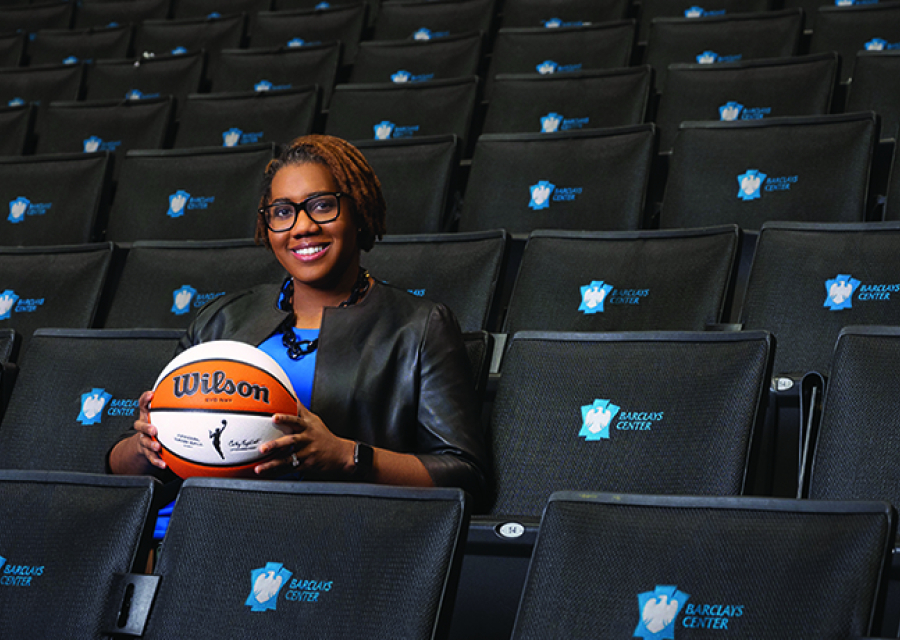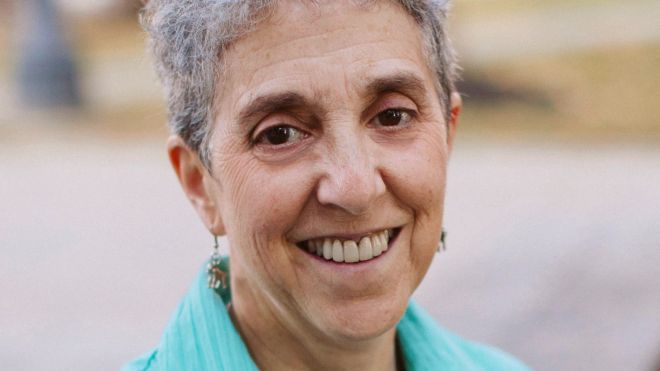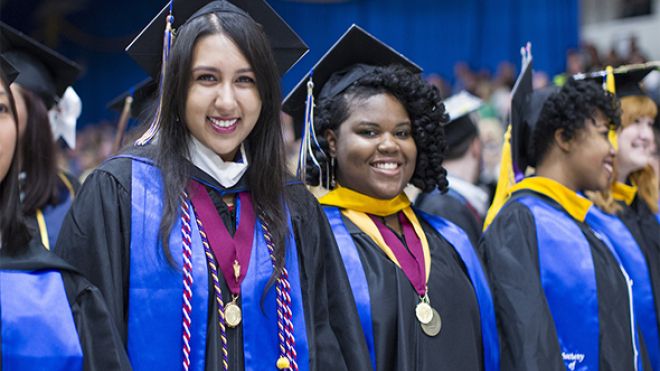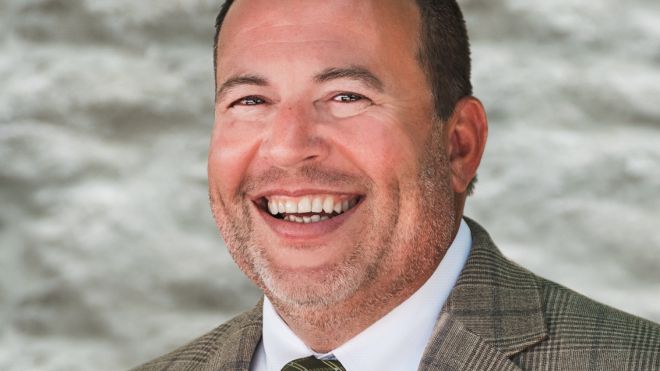
Buffalo, NY - In the wide world of sports, women are increasingly the main event. Just this past year, hurdles – once considered insurmountable – fell from the barrier-breaking achievements of female athletes and executives: Sarah Fuller became the first woman to play in a major league football program. Katie Sowers made history as the first female coach in the Super Bowl. And Kim Ng signed on as the first woman general manager in Major League Baseball.
Daakeia (McFadden) Clarke ’03 is also on this roster of unapologetically ambitious females.
The 5’6” former Golden Griffin point guard is CEO of the New York Liberty women’s basketball team. Appointed in July 2020, Clarke is first CEO in the team’s 25-year history and the only Black CEO in the WNBA, which is comprised primarily (80 percent) of Black players.
“There’s a phrase: ‘If you can’t see it, you can’t be it,’” says Clarke, who played 114 career games and scored 457 total points for the Griffs. “Well, we’re starting to see some very strong, very smart women in leadership roles within the sports industry, and I hope young women feel they can achieve the same now because they’re seeing it done.”
Clarke leads the Liberty as it enters a new era. The franchise – one of the WNBA’s eight charter members – commemorates a quarter century on the court this summer. Already, Clarke is giving players and their fan base reason to cheer.
She negotiated a deal that moved the team venue from a small arena on the outskirts of Westchester County to New York City’s much larger Barclays Center, “where we can attract a wider and more diverse audience from Manhattan, Brooklyn and the Bronx.”
Clarke also inked a first-of-its-kind TV partnership to broadcast New York Liberty games on the YES Network. “What better way to showcase our squad then on the most-watched regional sports networks in the country?”
As Clarke positions the Liberty for the big stage, she works behind the scenes planning strategically on how to grow brand partnerships, innovate in a post-Covid world, manage revenue and mitigate expenses. All are high priority but “they hang off the greater goal to bring WNBA basketball to the masses.”
Clarke’s assent to the C-suite began a decade ago when she joined the WNBA by way of the NBA. “League life was exciting but I coveted a job with a team.”
An opportunity arose with the Liberty in 2011 and Clarke jumped.
As the team’s marketing manager, Clarke put her Canisius degree to work collaborating with sponsors, directing ticket sales, leading event presentations and guiding community relations. Clarke proved quickly she could deliver first-class fan experiences and subsequently landed a series of promotions. By 2017, however, Clarke’s career reached a tipping point: Remain content in her role as vice president for team business development or pursue the chief operating officer (COO) position.
“I had to take a hard look in the mirror,” says Clarke. “My husband and I had two small children and the idea of ‘having it all’ was coupled with the concern of ‘juggling it all.’”
After some deliberation and much family discussion, Clarke applied for and secured the COO position. Within three years, she became the team’s first CEO.
“My role is twofold,” she says. “It’s to provide a platform for these elite, female athletes to play the game. But it’s also to elevate and advocate for gender and racial equality.”
Clarke is one of two team executives to sit on the WNBA’s Social Justice Council. The newly formed cohort is comprised of players, team executives and league officials. Collectively, the group engages educators, activists and business leaders to raise awareness about social justice issues including race, voting rights and LGBTQ+ support.
“At the end of the day, it’s about people, and the care and attention we give them.”
Clarke’s leadership style is “very much focused on her people.” She is proud to have built a diverse team that includes women of all races and ethnicities whom she champions in their efforts to elevate the New York Liberty, and whom she empowers to innovate, improve and grow.
“The greatest lesson I learned as a student-athlete at Canisius was that no matter how big of a superstar you have, you always need a full team to be successful.”
That, she says, is the game changer.



